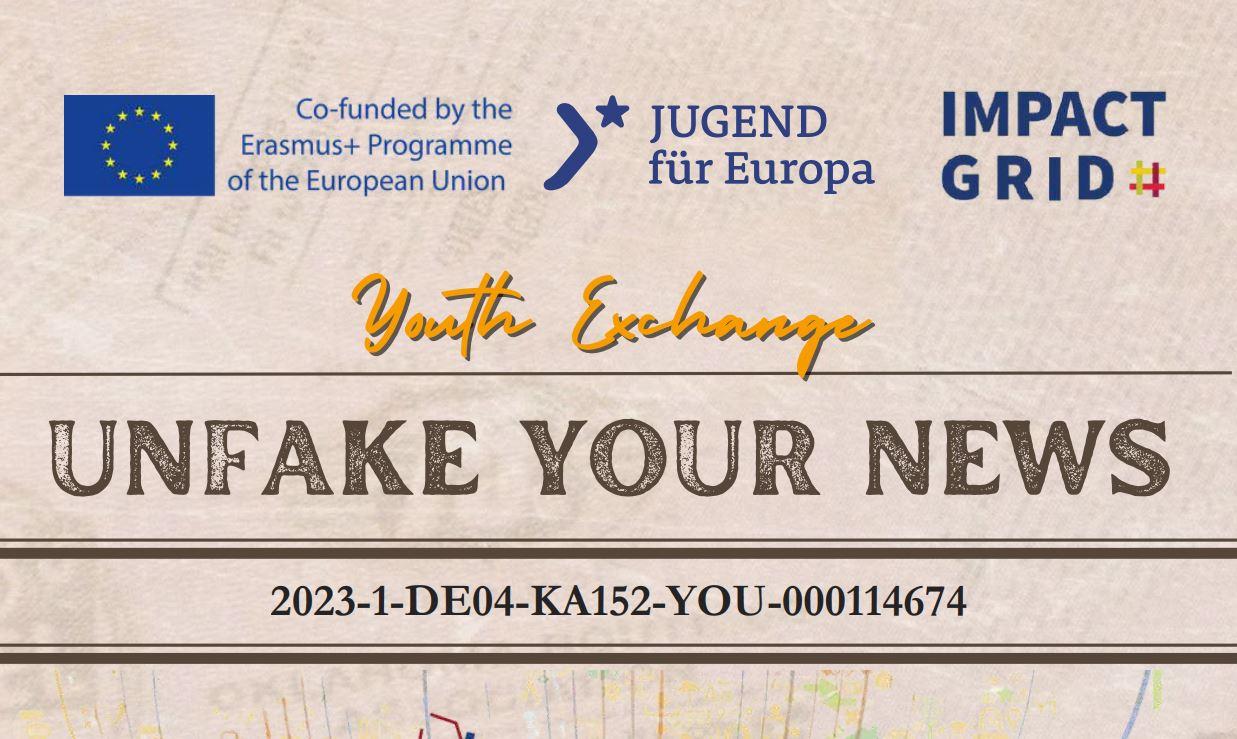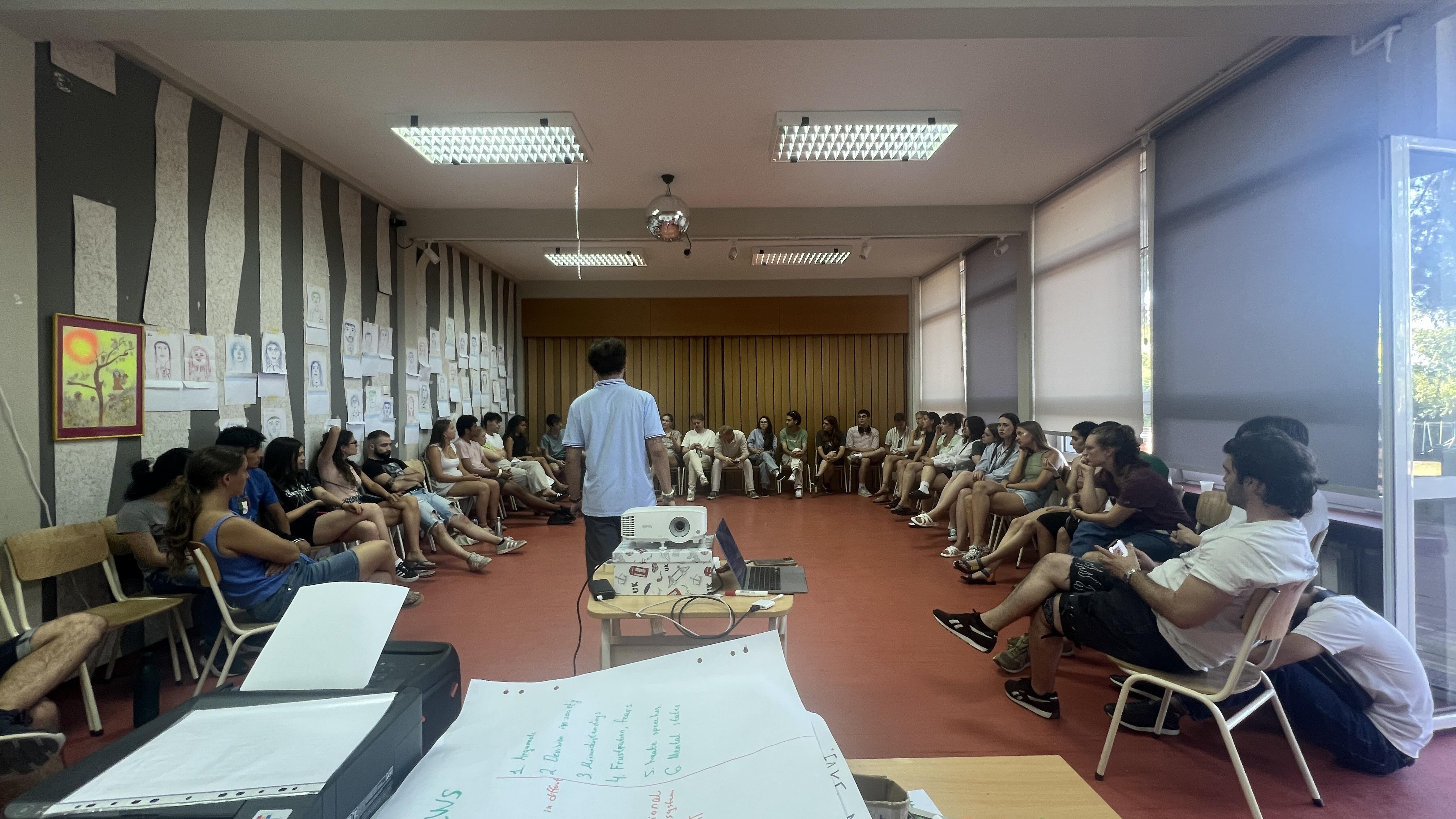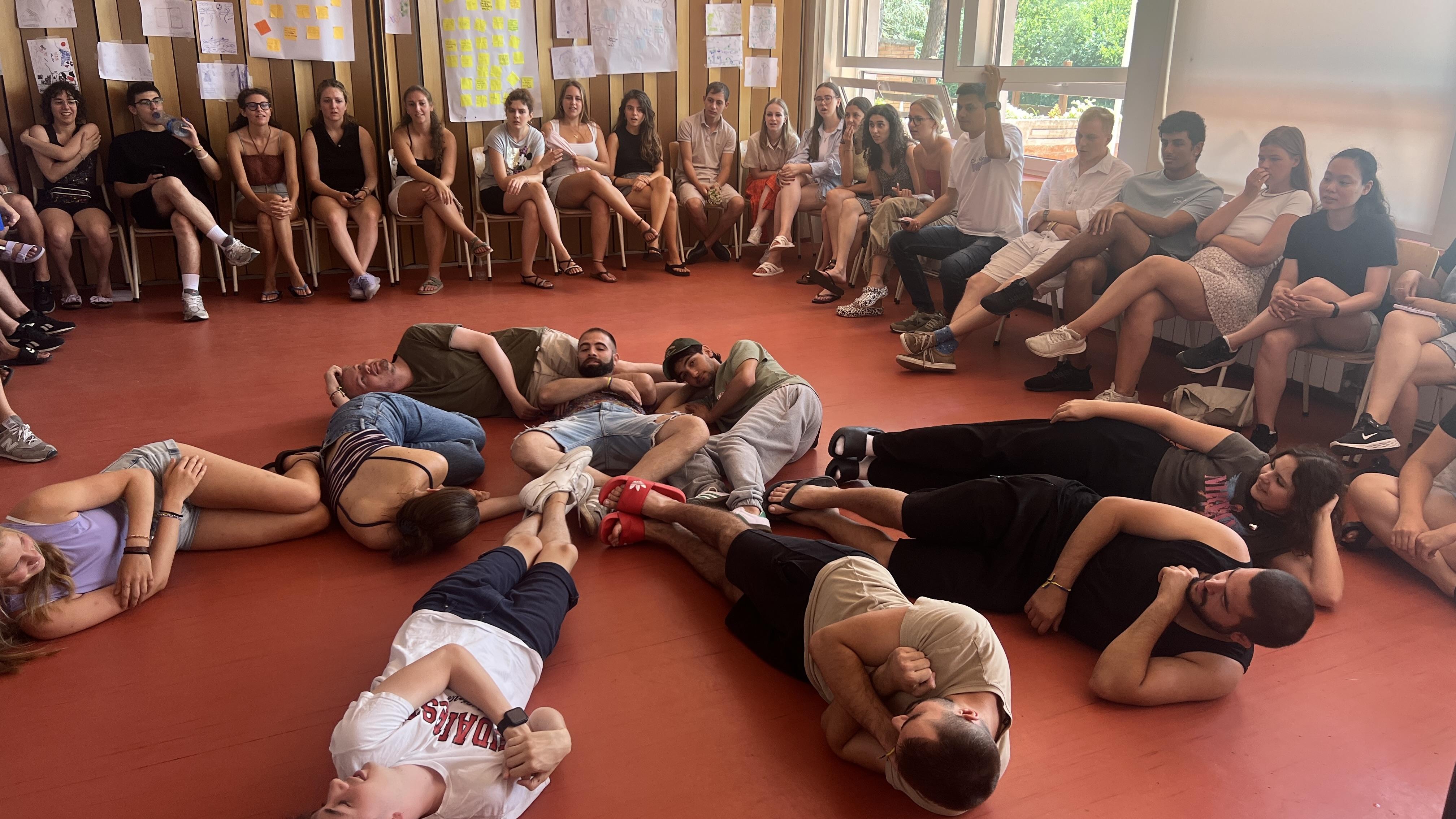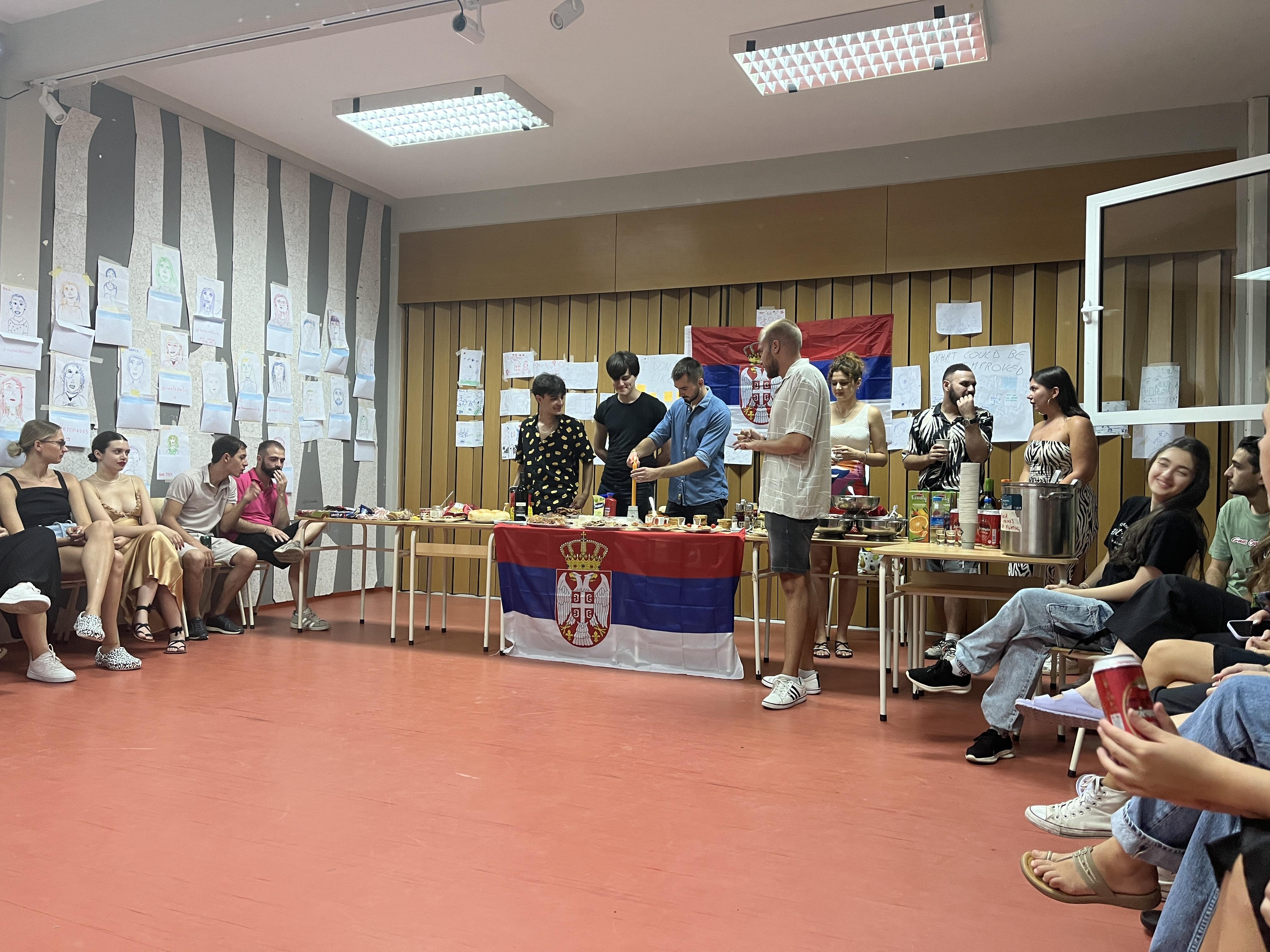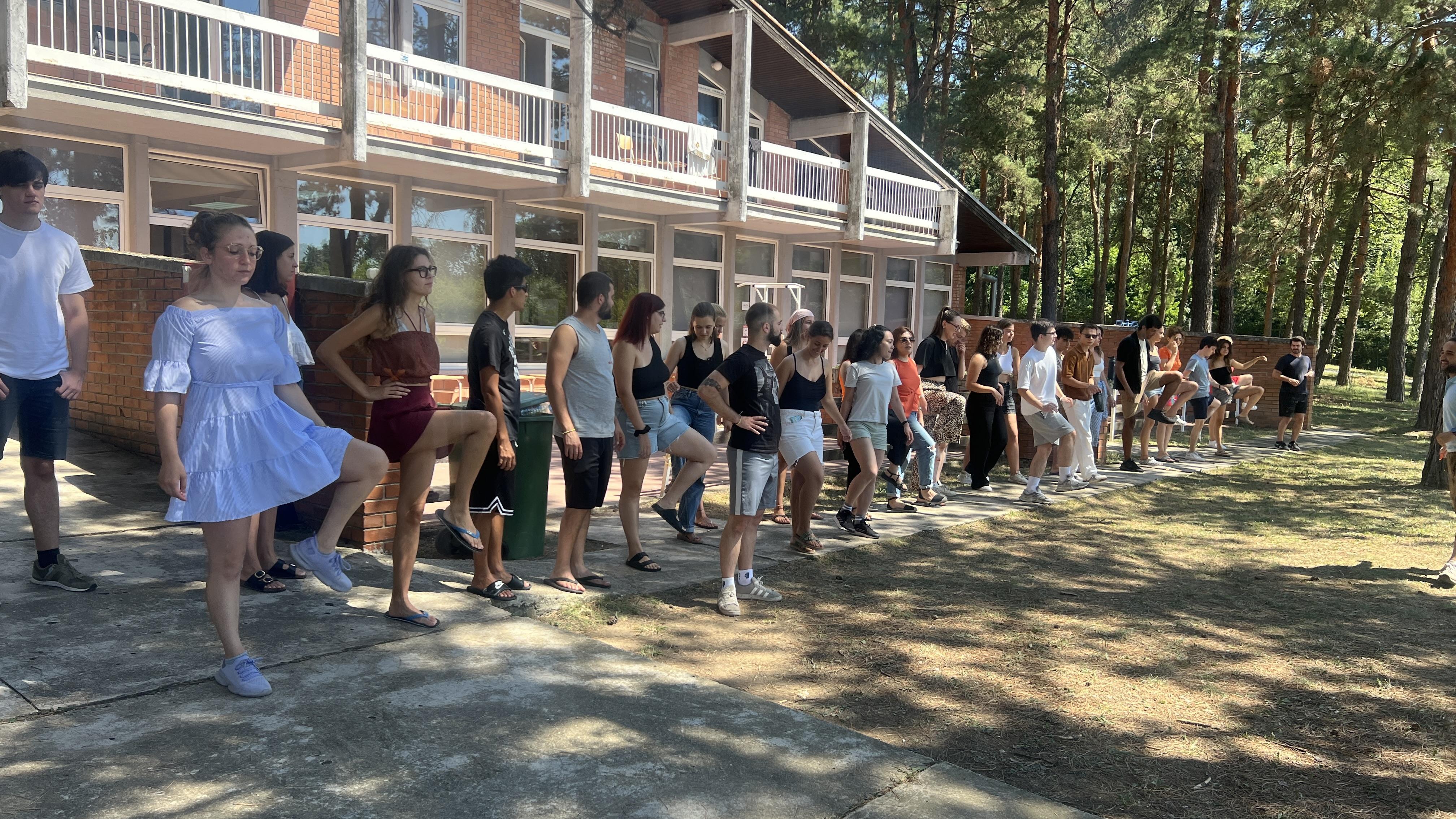About The Project
The 'Unfake your News' project stems from the firm conviction that issues such as fake news and the web world have great relevance nowadays. The web is a vast world that one must know how to read, one must understand which information is accurate and which is not. Consciously using the web brings tremendous advantages in our daily activities because we aim to make participants more than just users, able to analyze the information that is constantly being disseminated online. Awareness and knowledge of this phenomenon bring great enrichment to citizens, and a society with a good level of discernment of the wonders involved is a society that is open to the new challenges that tomorrow brings. Being responsible and having a good understanding of the dynamics of how to use the web in its broadest facets consciously offers the opportunity to broaden our range of action.
We will start with ice-breaking and getting to know the participants; these activities are twofold, having a double value in stimulating connections between participants and facilitating the work of the facilitators during group work. The second step will include activities to get to know the topic in question, fake news and proper web use. We will examine the subject in a transversal manner, focusing on various aspects of the web, especially where we can detect the presence of fake news. How can we understand whether the information is accurately sweetened, and how can our being 'web users' attract fake news of various kinds to us?
The third and final step will be intercultural activities, where each national group will be the spokesperson for the customs and traditions of their area and will offer food for thought on the central issues that most affect their environment.
Objectives of the Project:
-
Breaking down the stereotype beyond the social label (breaking stereotypes)
-
Creation of an information culture that goes against fake news or false myths
-
Broadening entrepreneurial skills
-
Developing an aptitude for critical and participative thinking (being able not only to see but also to contextualize and interpret the reality that surrounds us)
-
Fostering an aptitude for tolerance and understanding of new cultures (open-mindedness)
-
Encouraging a propensity for active citizenship and active participation in local communities
-
Promoting group work and teamwork as a moment of confrontation and dialogue
-
Sharing training activities, ice-breaking, self-knowledge, good practices, targeted visits and information
-
Promoting non-formal learning and opportunities to create networks and contacts through new youth projects, Erasmus+ exchanges, training and ESC
-
Learning resource management (how to maximize output from available data)


